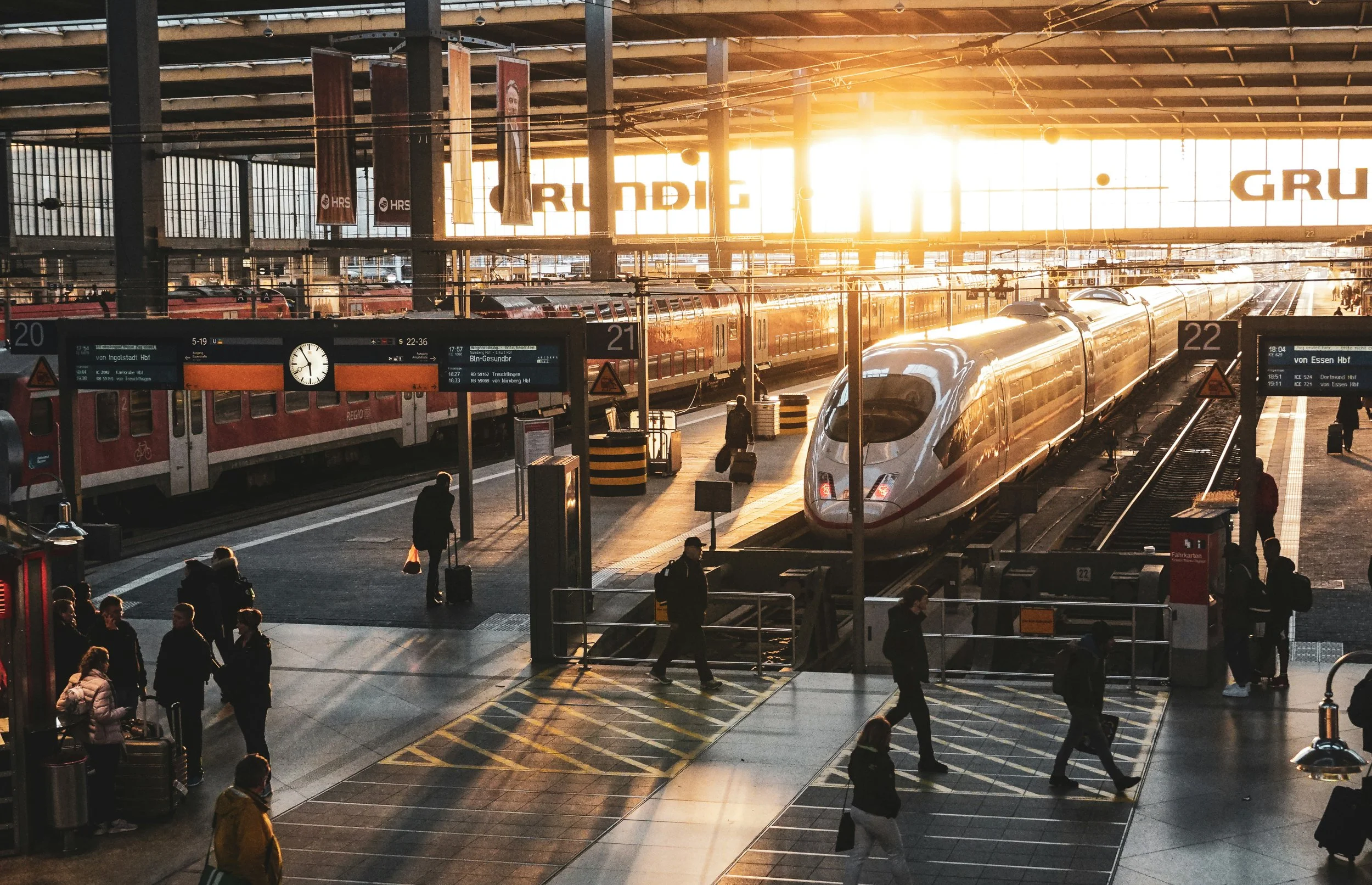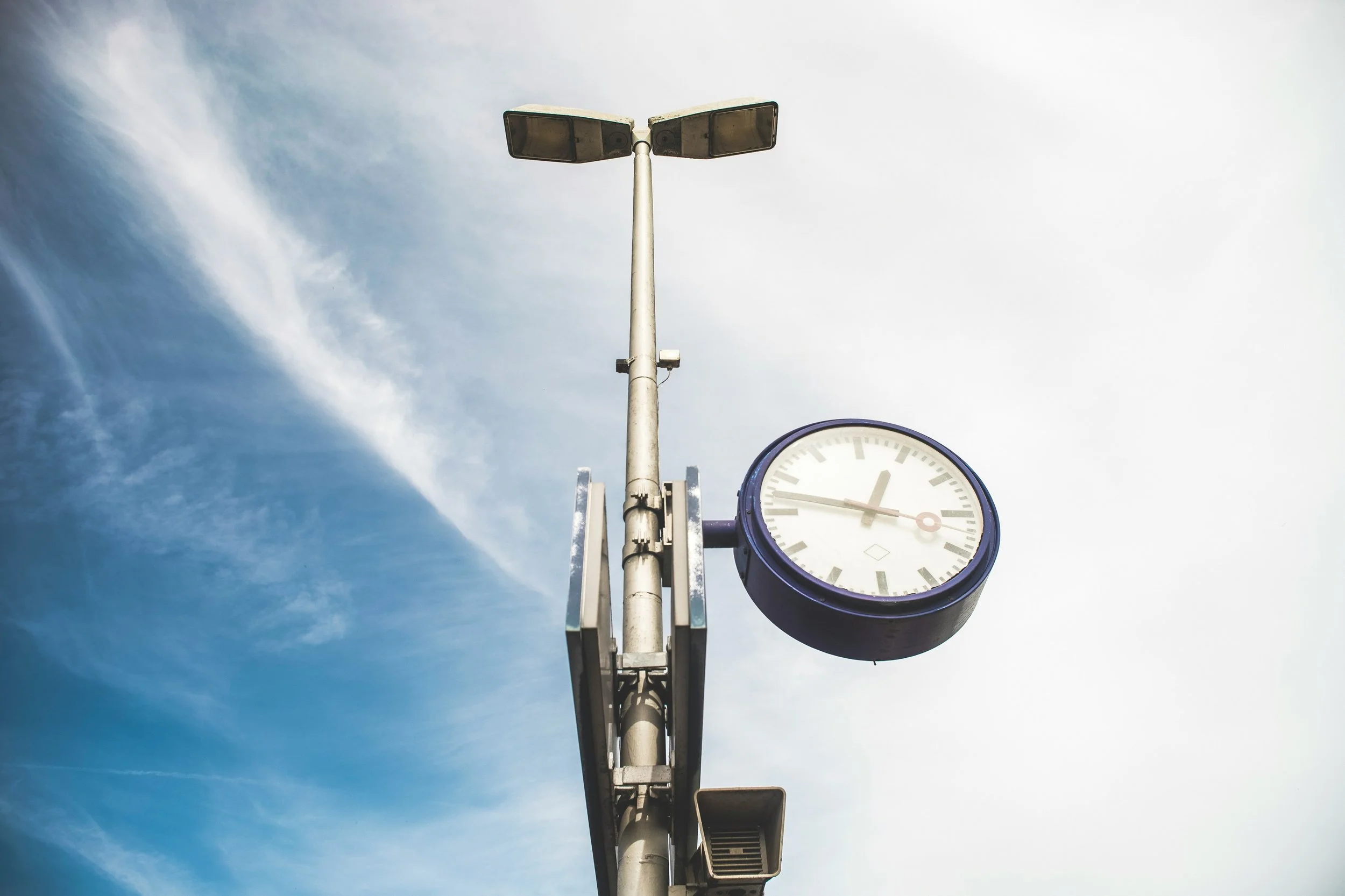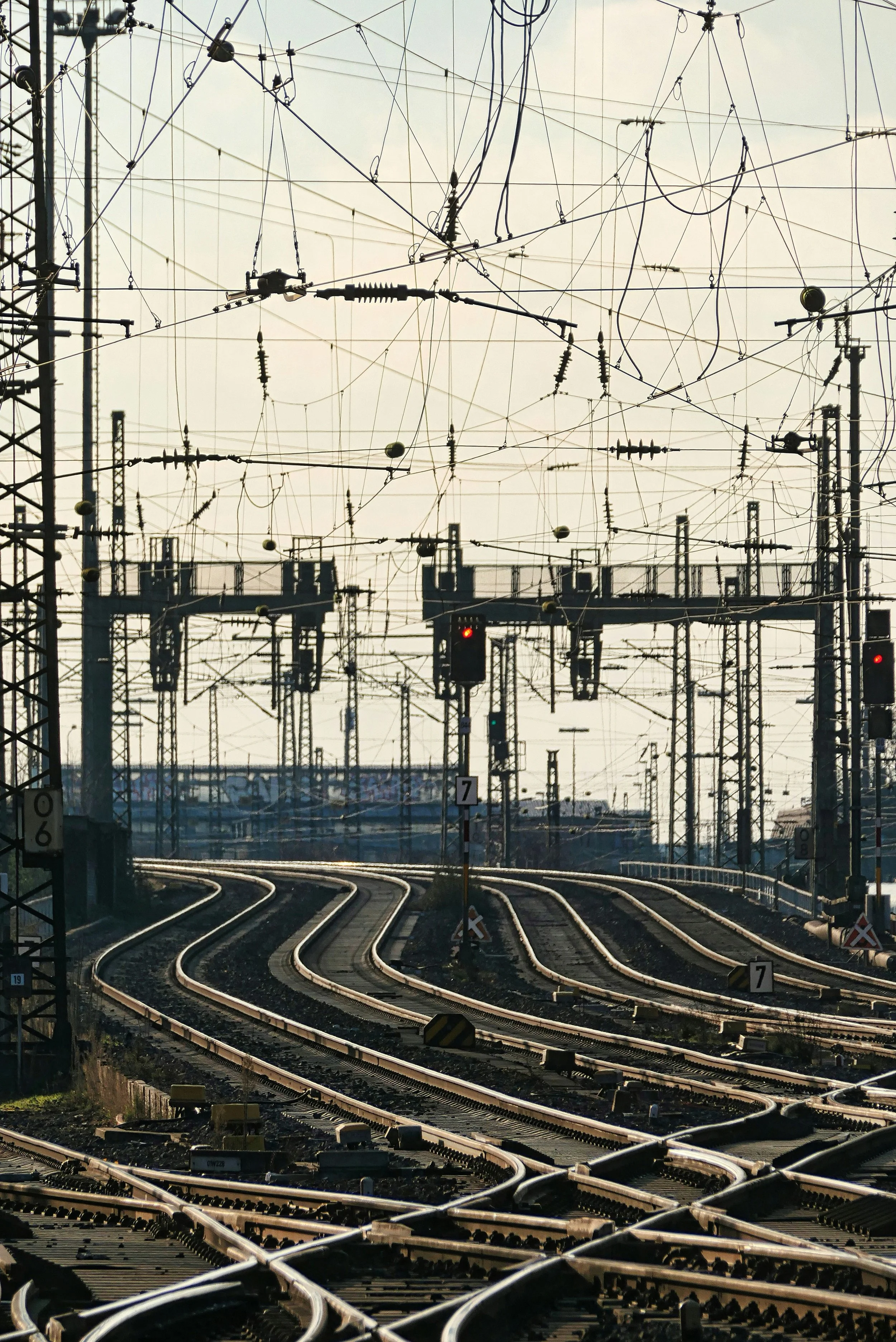An Embarrassing Secret
Every country has its embarrassments. Sometimes it’s a sporting disaster, other times a rogue public figure, but usually it’s a political moment that brings ridicule upon an entire nation. This tends to play out in full view of the rest of the world. It’s hard to hide stupid in the 21st century, since stupid is usually being filmed or filming themselves, when the moment of cringe-inducing pain occurs. Other times, the shame is hidden from the global audience by presenting a totally different image to the rest of the world, one of competence and poise, something people can believe as well as respect. This has seemingly been Germany’s approach, the truth hidden behind a veneer of efficiency, sensible decisions, and humourless bureaucracy.
This isn’t Germany’s fault per se. The Wirtschaftswunder (Economic Miracle) of the 50s and 60’s established a reputation for being a nation of high quality production, while at the same time the belief in Germanic organisational prowess and a sense of punctuality were renewed. Stereotypes tend to lag by decades so the idea that things run like clockwork in Germany has persisted for far longer than the reality. One way this has permeated the global consciousness is the idea that German trains run on time. Anyone who has lived in Germany for even a few months knows this claim is dubious at best, and since Euro 2024, it’s not only the Germans that know German trains don’t run on time, the rest of Europe does too.
In fairness, this is a strange point to throw back in the face of Germany, since I’ve never known Germans to make any bold claims about their trains. It’s true that Germans tend to arrive at pre-planned events on time but it’s always an assumption, like so many others made about different countries. The French are rude, the British take afternoon tea at 4pm, and German trains run on time. It is known, it has always been known, so much so that no-one really questions these massive generalisations. Yet, when fans, pundits, and everyone else turned up for the European Championships, there were a lot of reports that the German rail network was in ill health. Some felt hoodwinked, others were angry, and frankly, that’s no surprise. I have no problem admitting it, nor do most Germans: Deutsche Bahn (DB) can be an embarrassment.
That DB is a bit rubbish is clear, but as with many things, the disagreement on how it became so bad divides down political lines. For some, it’s a failure of privatisation, the decision to allow DB to operate as a private company, with its biggest shareholder being the German government. From this perspective, the greatest failing has been paying out dividends and bonuses to executives, while letting the system fall to pieces, and only investing money in the network when it begins to impact the bottom line. For others, it’s the opposite issue. Germany hasn’t privatised enough, and without healthy competition in the market, DB has little incentive to improve things, again, until the problems become so large they can’t be ignored. Regardless of who you vote for, both sides do agree on the fundamentals: DB is no longer fit for service due to a lack of investment in infrastructure.
The argument over investment is one that is often illustrated by comparisons with Germany’s neighbours, for instance Switzerland, which has invested roughly €450 per capita to the €114 per head in Germany. This is surprising, but then the Swiss population is only 10% of Germany’s, which skews the figures slightly. Actually, more shocking than the comparison is the amount of money the German government believes is needed to fix the network; first there’s €90 billion to build new train lines, an additional €50 billion to connect major cities with trains running roughly every hour, and finally €30 billion for freight transport. €170 billion all told is required, and even then experts aren’t convinced it will solve the problems.
It seems gauche to complain about such massive amounts of money going into a public service. Yet it’s hard not to feel like this money could have been better spent had it been invested over the last decade. The investment also creates problems; In order to fix the issues, it means fixing the tracks, which requires trains to be diverted or cancelled. The already overworked network has to suffer further strain before issues can be resolved, which makes taking trains an arduous slog.
Management of the system is clearly at fault, but it’s not just successive governments that have seemingly been asleep at the wheel. Blame should be levelled at the executive board members, both past and present, for this current nadir. It’s certainly more satisfying to blame them, since the politicians don’t award themselves massive bonuses as the board of DB have done, despite failing to meet their targets. Though the €5 million that was shared out between the eight board members at the beginning of 2024 may seem meagre in the world of executive pay, it does feel like profiting from failure, which seems oddly un-German.
All the flaws in the system were presented to me recently when I attempted to travel the relatively short distance between Augsburg and Nürnberg. By car, this is a journey of about two hours, but nearly every option presented on the DB app was either the same as a journey by road, or much longer. There used to be a route that was just over an hour, bit it has been scaled back and now seems to only run during rush hour in Munich. I chose this journey a few days ago, but after arriving at the station, I discovered there was a fault on the line, and the train would no longer be coming to Augsburg. I saw there was a replacement bus which met the train at a later station, but there was no guarantee it would, nor was it clear from the app where I could actually catch the bus. I went to get information, but the queue was already heading out the door. I searched for replacements, and found a train that would take me backwards to Munich, where I could then catch a train to my destination. I caught the train, and stood for most of the journey, along with all the people I assumed would have found seats in the previously cancelled train.
We arrived at Munich Hauptbahnhof, and it was here that one of the more depressing realisations set in. The DB staff, in my personal experience, are pretty great, but being the frontline for a failing company with so many customers must be a galling experience. As I waited at my designated platform, I watched various people with DB maroon waistcoats being stopped by passengers asking for help. The member of staff that helped me turned out to also be a fellow passenger, caught in the chaos themselves as they headed home after a shift. Frankly, it feels like these people deserve more than to front for the failures of others.
I finally arrived at Nürnberg an hour later than scheduled, but I was already facing the next problem. I was headed a short distance outside of the city limits, but not so far that Nürnberg didn’t still feature as part of the station's name. Regardless of distance, the whole line was closed for repairs, which meant hunting for another mystery bus stop, where a replacement bus would get me where I needed to go. I followed other confused passengers in the direction of a small laminated sign across the road from the Hauptbahnhof that signalled we had found our stop. It really didn’t feel like we were in Europe’s largest economy, although the laminated piece of paper was a nice touch. In any event, the bus did eventually arrive, roughly five minutes late, but then what can I really expect? This is Germany, not quite fashionably late, but certainly never on time.
Proofreader: @ScandiTina
Image Credit
Photo by Markus Spiske on Unsplash
Photo by Wolfgang Weiser on Unsplash
Photo by Wolfgang Weiser on Unsplash
Photo by Preston Foster on Unsplash
Photo by Michaela St on Unsplash
Photo by Jürgen Grunau on Unsplash










